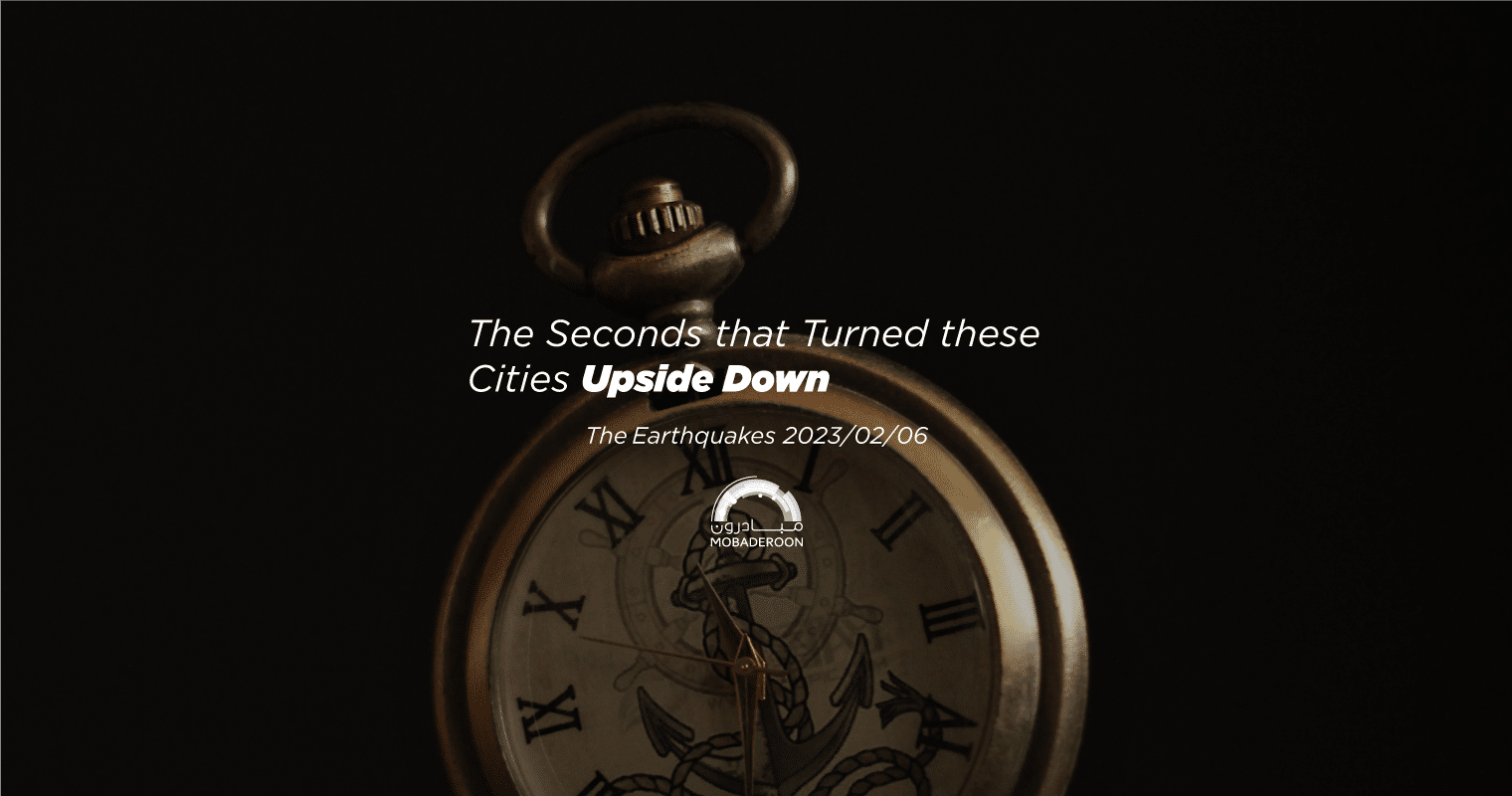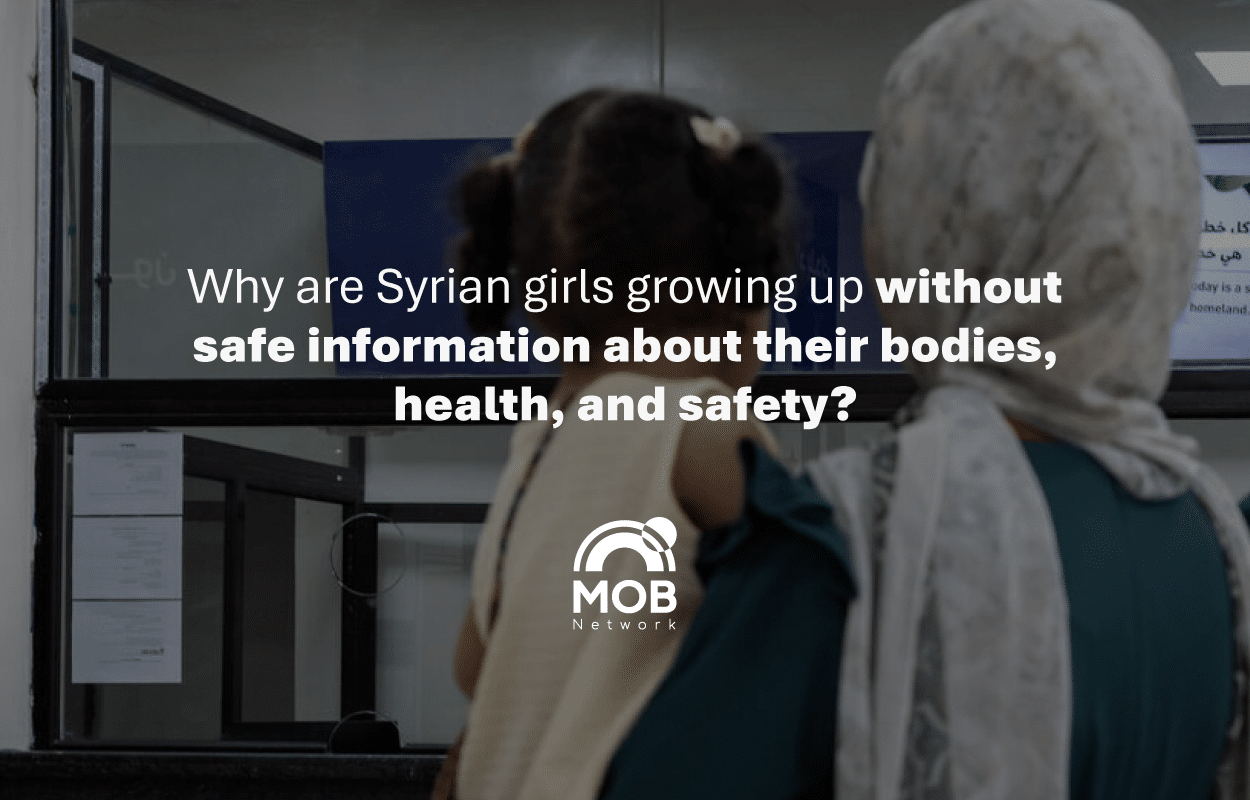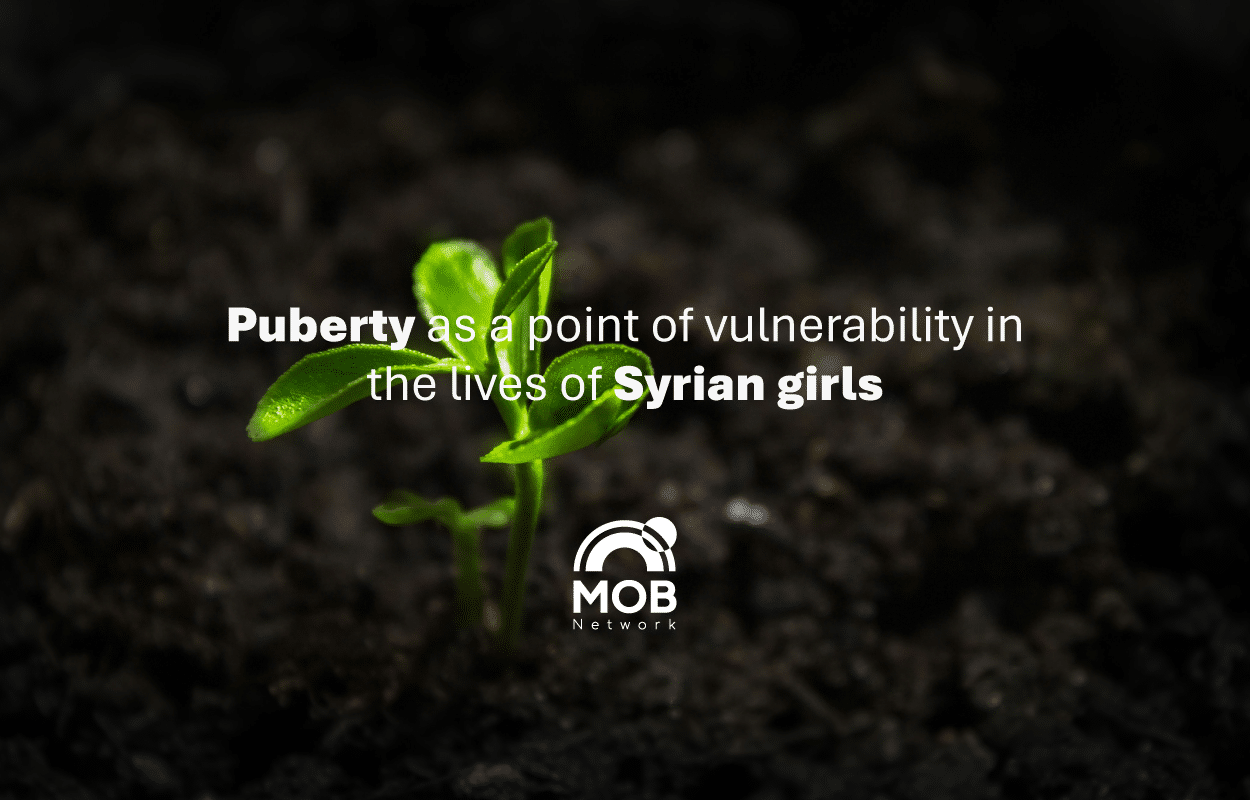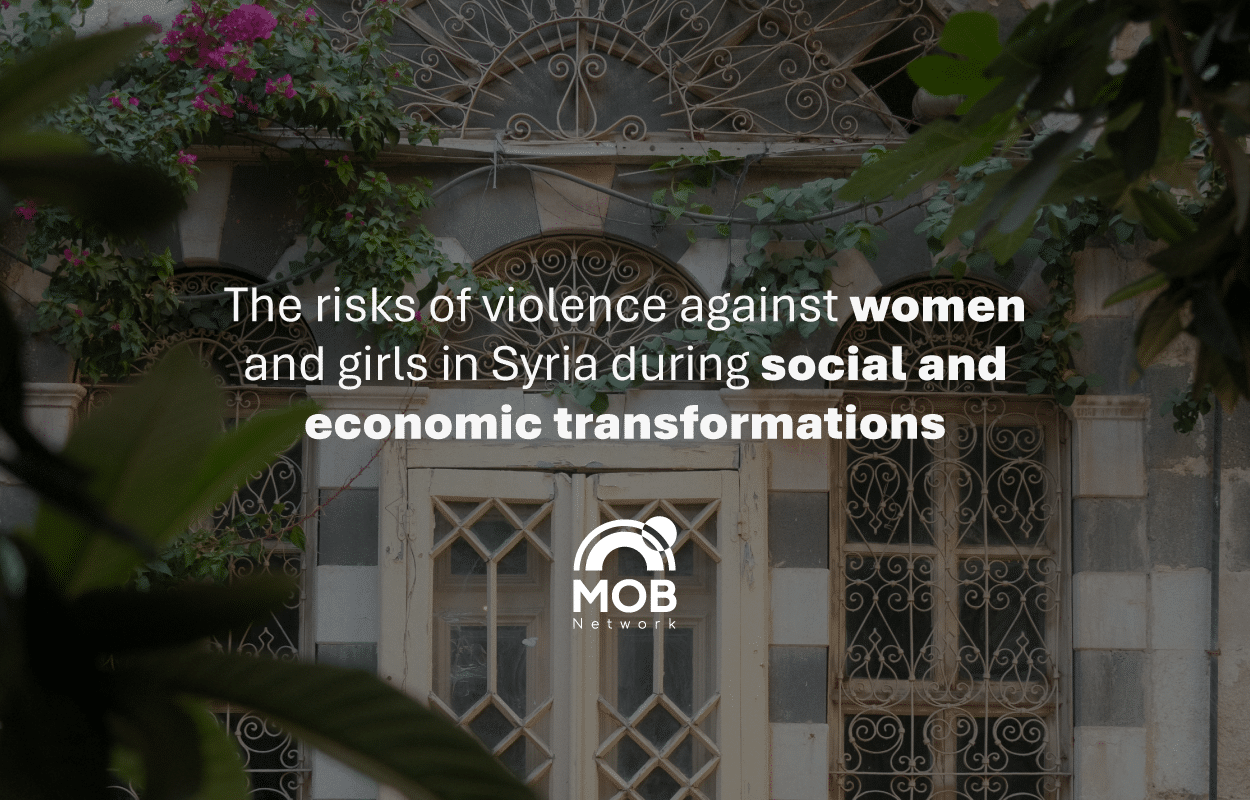The late hours of the night struck another tone; a dawn unlike another. Eyes opening, monitoring, not realizing what is taking place, seeking answers amongst the different voices, the ones said later belonged to the earth. A morbid smell of destruction unlike any of its predecessors. A few moments were enough to witness fear, horror, faith, and expectation, without any following calm.
Within minutes, the media headlines read: “an earthquake that took the lives of many victims in Türkiye and Syria”. We were not fine from minute 1, but it matters not in such moments. What matters is doing what must be done; what represents our conviction to live.
Post-earthquakes, 2/6/2023
Not everyone was lucky, assuming that those who lived were. Many buildings collapsed, while others started showing cracks. Opinions split: some demanded the exposure of corruption and non-standardized engineering criteria and appropriate ratios that manifest in such conditions. Their demands included executing accountability rules and the severest of penalties upon all whose corruption caused more damage. Others hurried to the rescue, to different response teams, to calling out for solutions for those affected and providing shelter. Some focused on the sentimental reasons behind the disaster, considering it a renewal of faith and endurance; and some thought of the earthquakes as a new curse upon this land with a new form without knowing why.
The strikes of hunger are not new here, but rather a part of the daily routine that was so intricately designed to meet the necessities of living. Nevertheless, these daily habits are no longer useful for the extra burdens and the lack of resources after the earthquakes; there is not enough for everyone.
The horror struck differently this time, for even horrors take sides. Many men lost their families, houses, living, and money. Many found themselves helpless without comprehending solutions in both the long and short terms. A sense of confusion and vulnerability whilst waiting for what could lessen, even if just a little, this suffering; another episode is added to the series of downfalls they can longer halt.
Women, as usual in disasters, are the least lucky, and face the greatest odds of suffering because of their weak nature, major stress, and fearing the unknown, with a large increase in burdens, a reduction in having their basic needs met, such as health care for the pregnant, nursing children, and other needs of women.
“Especially, Syrian women and girls face a double tragedy because of the earthquakes”, The International Organization for Human Rights
As for children, UNICEF reported that thousands of children and families are at risk in the aftermath of the three devastating earthquakes and dozens of aftershocks in Türkiye and Syria. “The images we see from Syria and Türkiye are painful,” said UNICEF Executive Director Catherine Russell, “The first earthquake hit very early in the morning, when many of the children were in a deep sleep, which made it even more dangerous, and the aftershocks bring constant dangers. Our hearts go out to the affected children and families, especially those who have lost loved ones or been injured. Our immediate priority is to ensure that affected children and families receive the support they so desperately need“.
Exacerbating the problem, the great damage to many schools and educational facilities, in addition to leaving many families homeless and leaving children a blurry fate.
Pain unites those who feel it; A state of interdependence and solidarity that has emerged in a way the country has never seen before, represented in competition for support and providing everything that can be offered to mitigate the magnitude of the calamity, and in carrying out the individual duty defined in hastening to help and voluntarily joining the rescue convoys to turn into Collective efforts translated by civil and civil action bodies, including associations, institutions, unions, and initiatives, so that relief aid flows within an initial response, which is colloquially called (Al-Fazaa: when a group of people rush to the aid of others), so that everyone turns into heroes working to secure everything that can be secured to mitigate the repercussions of the earthquake and save what can be saved in addition to the response The international community has sent aid convoys and rescue teams to unite efforts to overcome the horror of the calamity, and it is no secret what civil society and activists have done to work to demand the cessation of sanctions against the Syrian people, which partially succeeded in a short period, which reflected positively on the support provided to the stricken areas and opening the way Let the Syrians at home and abroad be more united in facing the 2/6/2023 earthquake.
What Awaits Us After the Earthquakes?
Many questions are raised about the future and whether this earthquake will be a new gateway to future problems or solutions. Many believe that the solutions cannot be easy, but are linked to various political and economic considerations amongst others. Only quick and immediate emergency solutions are localities-bound and found without any sustainability.
However, if we look at similar experiences, considering that Asia and the Pacific are the most disaster-prone regions in the world, and are also home to many fragile and affected countries, such as the earthquake and drought in Afghanistan, the floods in Bangkok and the earthquake in Nepal, we will find the following awaiting:
- A lot of violence, especially against women: we will find anger and fear exacerbating within families, and we will find many cases of violence within local environments.
- Underage marriage will become entrenched as one of the solutions to the problems of poverty, and many will be ready to cling to any opportunity presented to them.
- We will be facing a large dropout from schools and there will be many problems facing the education sector.
- We will find many diseases associated with poor health awareness and a lack of adequate sanitary conditions ensconced in many homes.
- Lack of medical and engineering human resources in particular, and the workforce in general, as a result of immigration over the past decade.
- The rush to help will die out after a short time, and those who need help will still need it.
- We will suffer from diseases and stress, which will be reflected in behaviors, especially among the most vulnerable groups.
- We will lose many livelihoods and more professions and crafts, especially traditional ones.
How We Can Deal with the Aftermath of the Earthquakes
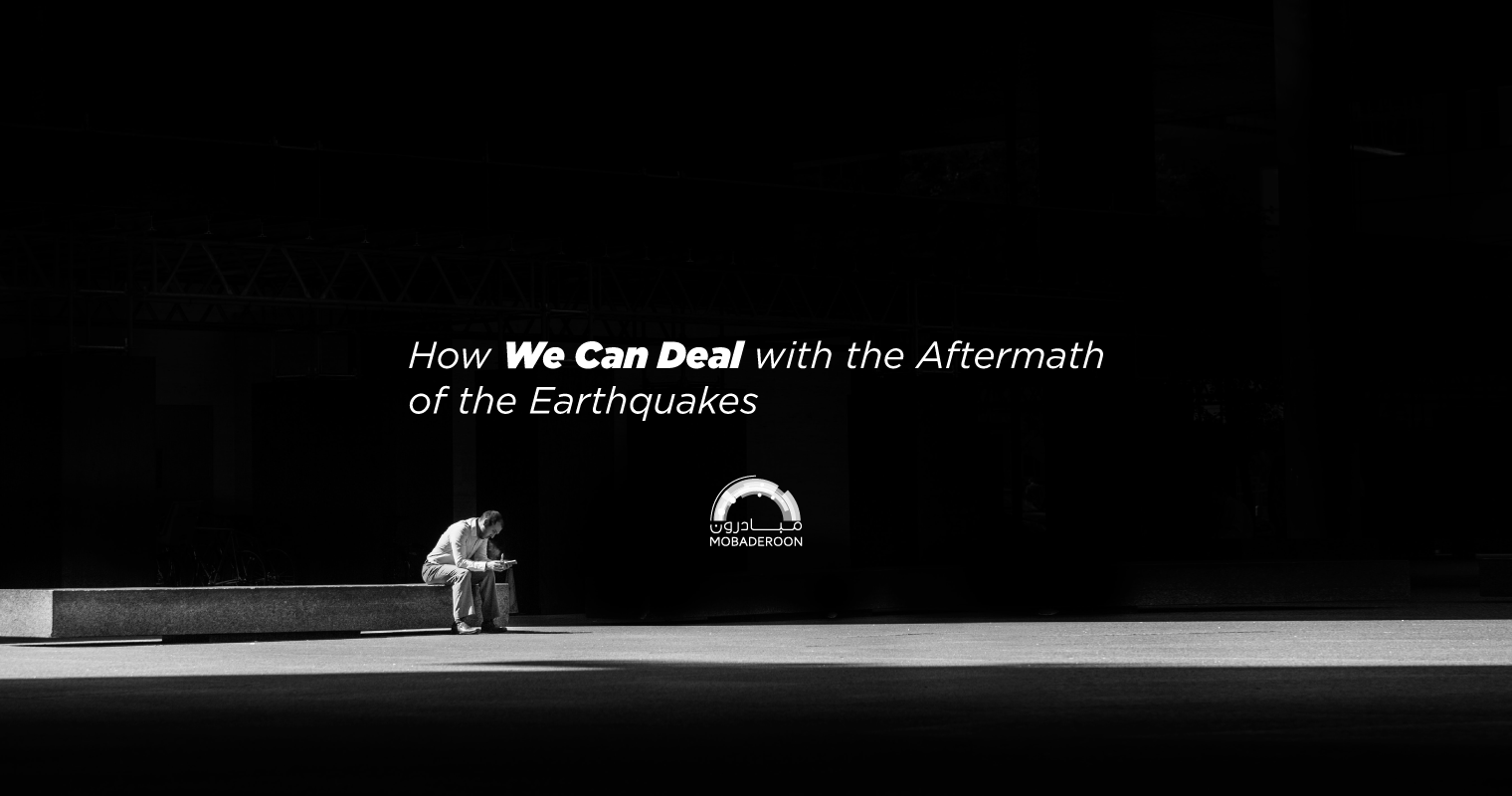
Realizing the problem is halfway crossed to the solution, but the other half of the way depends on what we will do, so we have to start with:
- Good planning for the post-disaster phase and developing gender-sensitive local and national plans. For example, plans should be put in place to secure work for women who are breadwinners, help children get an education, provide protection for girls, and provide support for men in obtaining temporary jobs.
- Giving the role of oversight and participation to civil society by investing in its entities and the various tools it possesses to achieve and develop national plans.
- Open communication channels to achieve participation and transparency with local communities.
- Documenting and organizing data through transparent national platforms through which archiving, evaluation and development of all procedures are done.
- The necessity of giving roles to women, because they are the most capable, according to global statistics, in disaster reduction and crisis management.
- Developing legislation commensurate with the realization of national plans and building this development on societal needs and the desire of communities to achieve them, while setting deterring and regulating rules for the next stage.
- Raising legal awareness and activating and strengthening the judicial apparatus to achieve the greatest measure of justice and protection.
- Work on mental health to overcome the psychological effects caused by crises and disasters.
- Developing urban plans in line with international standards and preparing infrastructure to guarantee the minimum level of non-recurrence of the tragedy.
- Involving all Syrians, residents, and abroad in the process of proposing steps and mechanisms in an organized manner that helps them to be part of the solution to the problem.
There is a huge difference between finding solutions and serious implementation steps. Visions will diverge, and it is certainly difficult to work on non-planned-for situations; and, yet, we only have to take the necessary steps, and find our footholds.
All roads are blocked, and we only have survival left
Rula BashImam Tweet

